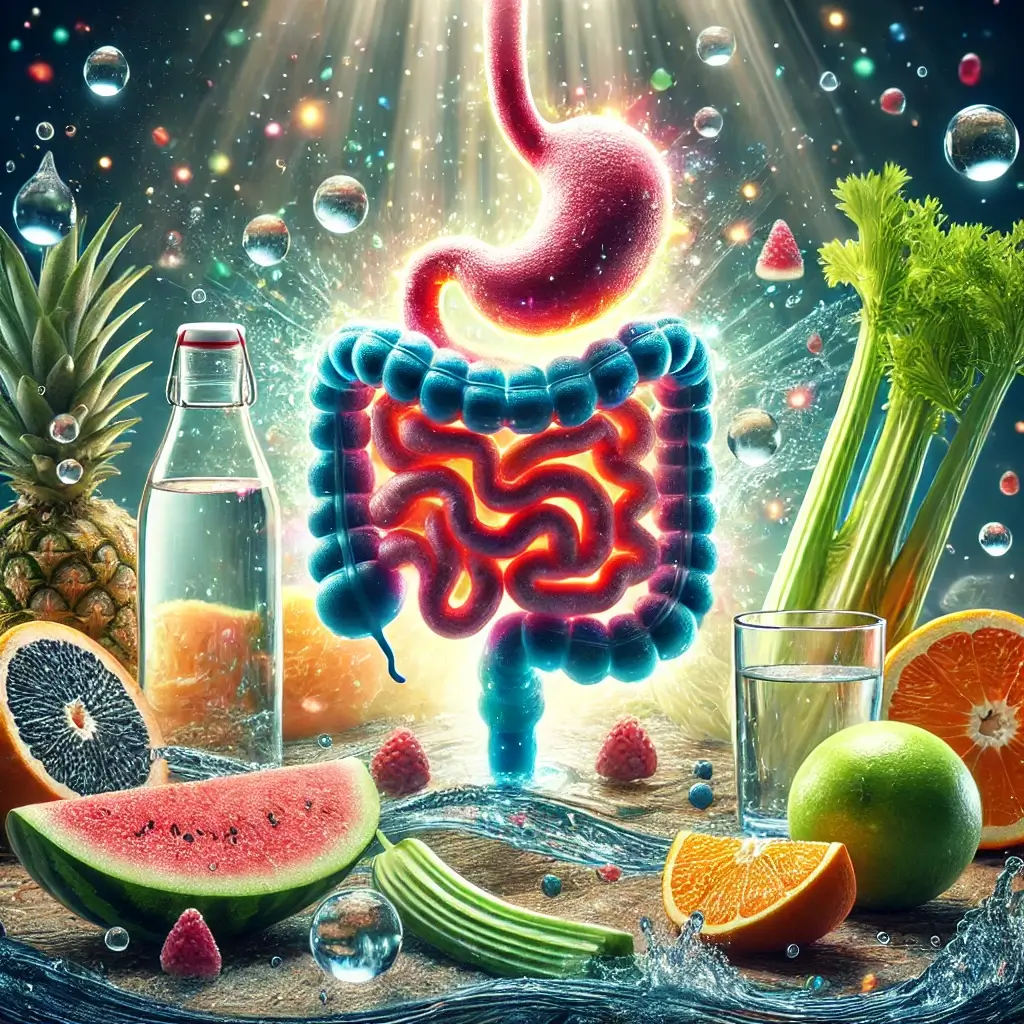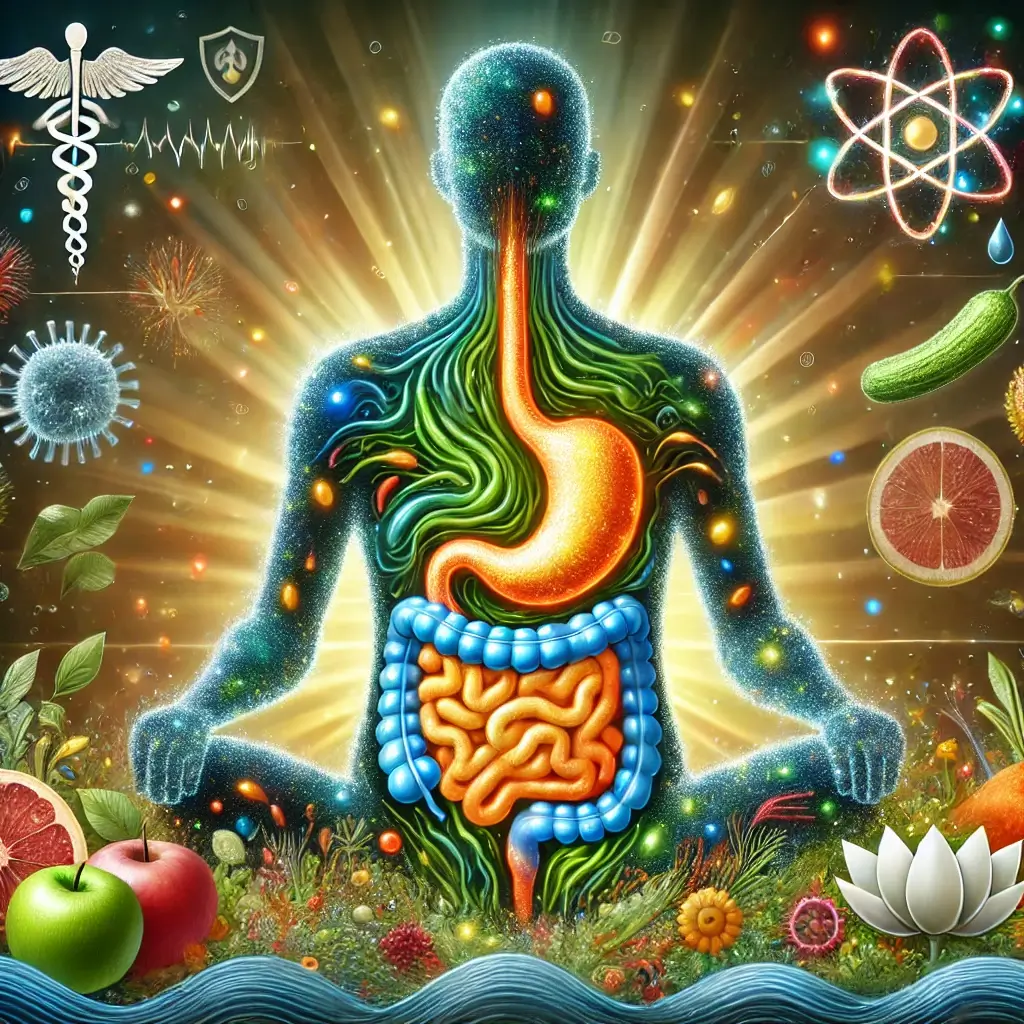Optimizing Your Gut Health: The Essential Role of Hydration in Digestive Wellness
The Foundation of Digestive Health
Hydration is a cornerstone of overall health, but its critical role in digestion often flies under the radar. Every stage of the digestive process—breaking down food, transporting nutrients, and eliminating waste—depends on an adequate supply of water. Yet, modern lifestyles filled with processed foods, high caffeine intake, and sedentary habits frequently lead to chronic dehydration, putting the digestive system under strain.
Long-term Impact on Gut Health
Dehydration doesn’t just cause temporary discomfort like bloating or constipation; it can have cascading effects on long-term gut health. It slows gastric motility, alters the gut microbiome, and disrupts the body’s ability to absorb nutrients efficiently. Meanwhile, emerging studies highlight how hydration supports the trillions of bacteria residing in the gut, a community whose importance to digestion, immunity, and even mental health cannot be overstated.
Understanding the Water-Gut Connection
This article examines the complex relationship between hydration and gut health, exploring scientific findings, actionable strategies, and the far-reaching benefits of staying hydrated. Let’s dive into why water deserves a top spot in your health regimen.
Multiple Effects of Dehydration
Dehydration affects the digestive system at multiple levels, triggering a range of issues:
Understanding Constipation and Regularity
When water intake is low, the colon absorbs additional water from stool, leading to harder, drier stools. This often results in constipation, a condition linked to discomfort and straining. A Nutrients (2016) study confirmed that higher daily water intake is associated with a significantly lower risk of constipation (Buhnik et al., 2016).
The Impact on Gastric Function
Gastric emptying, the process of moving food from the stomach into the intestines, slows down in dehydrated individuals. A 2019 study published in Clinical Gastroenterology and Hepatology revealed that even mild dehydration delays this process, leading to bloating and reduced digestive efficiency (Li et al., 2019).
Managing Stomach Acid Balance
Water helps dilute stomach acid, ensuring it remains at a concentration that doesn’t harm the stomach lining or cause acid reflux. Dehydration increases the likelihood of heartburn, a condition that can worsen over time if left unchecked.
The Role of Water in Microbiome Health
Your gut microbiome, a complex ecosystem of bacteria and microorganisms, plays a central role in digestion and beyond. Hydration significantly impacts its balance and functionality:
Promoting Bacterial Diversity
Adequate hydration fosters an environment where beneficial bacteria can thrive. A 2020 review in Nature Reviews Gastroenterology & Hepatology suggested that proper water intake may enhance microbiome diversity, promoting better digestion and immune support (Chen et al., 2020).
Optimizing Nutrient Absorption
Beneficial gut bacteria rely on water to break down food and transport nutrients across the intestinal lining. A 2018 study in Cellular and Molecular Gastroenterology and Hepatology highlighted the role of hydration in optimizing these microbial processes (Li et al., 2018).
Strategies for Daily Hydration
Maintaining hydration doesn’t have to be complicated. Here are some practical strategies to integrate into your daily routine:
Daily Water Goals
Aim for at least 2–3 liters of water daily, adjusting based on activity level and environmental conditions.
Natural Hydration Sources
Incorporate water-rich fruits and vegetables like celery, watermelon, and oranges to supplement your water intake.
Making Water More Appealing
Add natural flavors like lemon, mint, or cucumber to your water to make it more enjoyable.
Managing Dehydrating Substances
Both substances can dehydrate the body, so offset them by drinking more water throughout the day.
Tracking Hydration Status
Use your urine as a guide: pale yellow is optimal, while darker shades indicate dehydration.
The Path to Better Digestive Health
Water is a simple yet powerful ally in maintaining digestive health. From ensuring smooth bowel movements to supporting a thriving gut microbiome, hydration is an often-overlooked cornerstone of wellness. By prioritizing water intake and adopting hydration-friendly habits, you can enjoy the benefits of better digestion, improved nutrient absorption, and enhanced overall health. For persistent digestive issues despite good hydration, consult a healthcare provider to identify potential underlying causes. Remember, a hydrated gut is a happy gut.
Academic Sources
Buhnik, Y., Goldstein, R. M., Ben-Ari, Z., & Goitein, D. (2016). Water intake in healthy adults and constipation. Nutrients, 8(6), 358.
Chen, J., Mao, X., He, B., Holy, X., Wang, R., & Liu, Z. (2020). Water intake and gut microbiota. Nature Reviews Gastroenterology & Hepatology, 17(1), 457-467.
Li, S., Ye, X., Li, Z., Wang, L., Liu, Z., & Chen, L. (2019). Impact of hydration on gastric emptying in healthy adults. Clinical Gastroenterology and Hepatology.
Li, S., Ye, X., Wang, L., Chen, L., & Liu, Z. (2018). Role of hydration in nutrient transport by the gut microbiota. Cellular and Molecular Gastroenterology and Hepatology.













